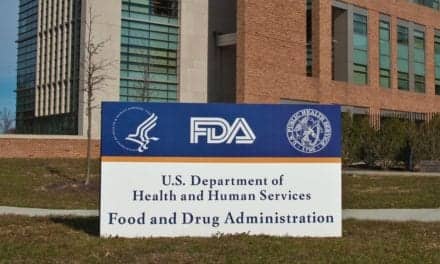The Access SARS-CoV-2 IgG assay from Beckman Coulter, Brea, Calif, has received FDA emergency use authorization (EUA). Beckman Coulter has already shipped tests to more than 400 hospitals, clinics, and diagnostics laboratories in the United States and has begun distribution of the new antibody test globally to countries that accept the FDA EUA and CE Mark. The company is able to deliver more than 30 million tests a month.
“We selected the Beckman Coulter Access SARS-CoV-2 IgG antibody assay to be the backbone of Henry Ford’s COVID-19 serology testing program because of its outstanding performance in our rigorous independent evaluation,” says Bernard C Cook, PhD, division head of chemistry-pathology for the Henry Ford Health System, one of the first health systems to receive Beckman Coulter’s test and independently validate its performance. “Henry Ford found when running the Beckman Coulter SARS-CoV-2 assay on 204 PCR-confirmed COVID-19 patient samples, a test sensitivity of 100% at 14 days post-PCR and testing of 80 patient samples from the pre-COVID era yielded a specificity of 100%.”
“At a time when significant confusion was created by the initial influx of poor-quality antibody tests, our team worked meticulously to develop a highly sensitive and specific assay,” says Julie Sawyer Montgomery, president of Beckman Coulter. “With 100% positive percent agreement and 99.6% negative percent agreement, our test significantly reduces the risk for false positives, delivering the results that healthcare providers and their patients can trust. A lot has been written about accuracy issues with the initially launched antibody tests, but a test at this level offers positive predictive values greater than 90% even in very low prevalence communities. And, in areas hardest hit by the virus, the positive predictive values of our assay are greater than 98%.”
Beckman Coulter’s SARS-CoV-2 IgG assay targets antibodies that recognize the receptor binding domain of the spike protein that SARS-CoV-2 uses to bind to a human cell receptor. This is significant as antibodies which target the RBD have the potential to be neutralizing and thus prevent future infection by blocking the virus from entering the cell. It is for this reason many vaccine developers are also targeting the RBD of the spike protein in their vaccine development.
For more information, visit Beckman Coulter.
Featured image: Illustration courtesy Beckman Coulter.




